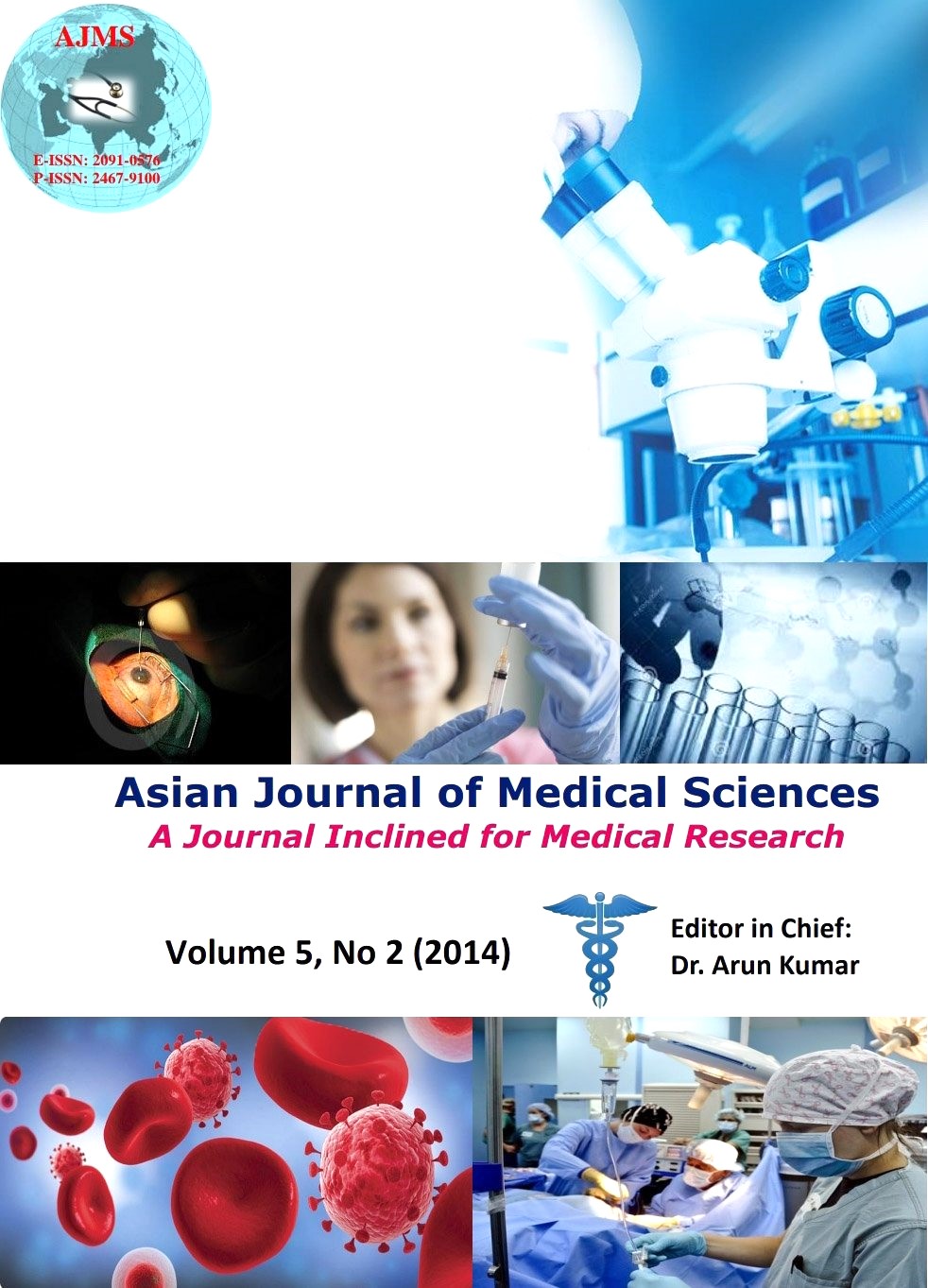Psychopathology in Mothers of Children with Global Developmental Delay due to Spastic Diplegia
Keywords:
Psychopathology, SCL 90R, Spastic DiplegiaAbstract
Background and Objectives: Parents of children with chronic illness like global developmental delay exhibit varied psychopathology in response to their child’s illness. Mothers of these children are more susceptible when compared to fathers, and hence show various psychopathological changes. Analysis of their psychological status is important to identify those families which need psychological help and counseling. The main aim of our study was to evaluate psychopathology in mothers of children with global developmental delay due to spastic diplegia. We also assessed the impact of intervention of the child on the psychological state of the mother over a 12 month follow up.
Materials and methods: 60 mothers of children with global developmental delay due to spastic diplegia were selected from Neurodevelopmental Clinic of a tertiary care institution. Symptom Checklist 90 Revised (SCL90R) was used to assess psychopathology. A repeat evaluation of mothers was done after 12 months of conventional intervention (Bobath technique) for their child. Data was analyzed using appropriate statistical measures.
Results: On assessing the psychiatric morbidity by SCL 90R, significant psychopathology was found in 54(90%) out of 60 mothers. Depression was the predominant psychopathology in the study population. Anxiety was also significantly elevated. The GSI (General Symptomatic Index), a measure of general distress was extremely high in 90% of the mothers. On follow up analysis of mothers using SCL 90R, 33% of the mothers showed no improvement in their psychological status following conventional intervention for their child.
Conclusions: Chronic illness like global developmental delay affects the psychological health of mothers. In addition to purely focusing on the medical management of the child it is essential to focus attention on the distress experienced by their parents. Psychological therapy is hence required to improve the quality of life of mothers.
DOI: http://dx.doi.org/10.3126/ajms.v5i2.5469
Asian Journal of Medical Science, Volume-5(2) 2014: 80-84
Downloads
Downloads
Published
How to Cite
Issue
Section
License
Authors who publish with this journal agree to the following terms:
- The journal holds copyright and publishes the work under a Creative Commons CC-BY-NC license that permits use, distribution and reprduction in any medium, provided the original work is properly cited and is not used for commercial purposes. The journal should be recognised as the original publisher of this work.
- Authors are able to enter into separate, additional contractual arrangements for the non-exclusive distribution of the journal's published version of the work (e.g., post it to an institutional repository or publish it in a book), with an acknowledgement of its initial publication in this journal.
- Authors are permitted and encouraged to post their work online (e.g., in institutional repositories or on their website) prior to and during the submission process, as it can lead to productive exchanges, as well as earlier and greater citation of published work (See The Effect of Open Access).




